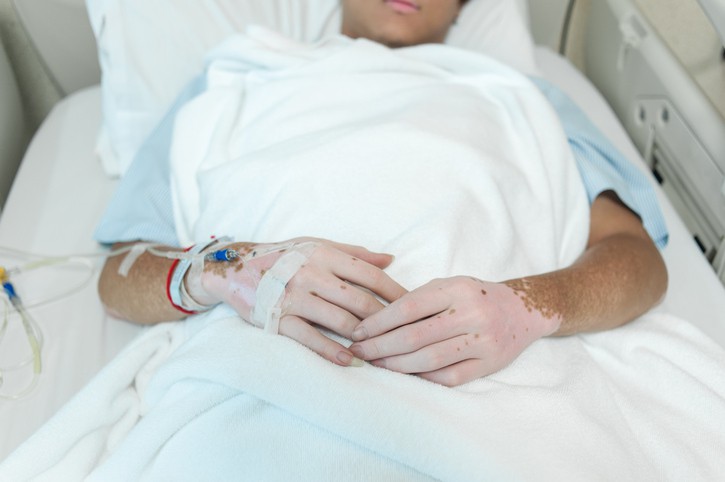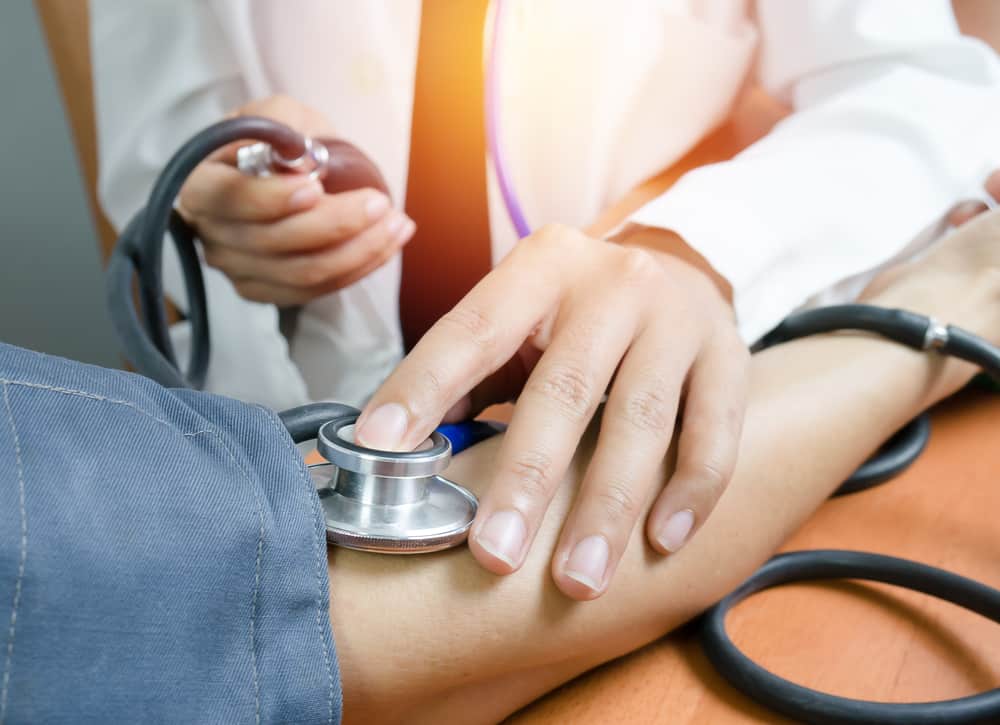Contents:
- Medical Video: High Blood Pressure: What You Need to Know About Medications
- Why should hypertension drugs be taken regularly?
- What happens if hypertensive patients do not routinely take medication?
- 1. Heart disease
- 2. Decreased mental function
- Tips to make it easier for you to take hypertension medication regularly
Medical Video: High Blood Pressure: What You Need to Know About Medications
Non-communicable diseases such as hypertension, diabetes, stroke, and others shift infectious diseases as the main cause of death and disability in developing countries. The results of the 2007 Basic Health Research (Riskesdas) in Indonesia showed that the highest cause of death was non-communicable diseases, namely cardiovascular disease (31.9%) including hypertension as much as 6.8%. Research conducted by Ekowati in 2009 concluded that 32.2%, aka 1 out of 3 Indonesians, suffer from hypertension, and the number of people with hypertension increases with age.
Hypertension is silent killer because it often arises without typical symptoms and is a risk factor for various dangerous diseases such as strokes and heart failure. Half of hypertensive sufferers do not realize that they suffer from hypertension, as a result about 75.8% of cases of hypertension are undiagnosed and get treatment.
Why should hypertension drugs be taken regularly?
Management of hypertension can be started with lifestyle modification, then continued with the administration of antihypertensive drugs. However, not a few people are mistaken about treating hypertension. Drugs are only taken when they feel there is a complaint, and when the complaint improves or the medication runs out they don't control back to the doctor. In fact, anti-hypertensive drugs must be taken regularly.
Irregular treatment can cause blood pressure to rise again. This up and down blood pressure can have a bad effect on health.
What happens if hypertensive patients do not routinely take medication?
1. Heart disease
Fluctuations in blood pressure indicate an increased risk of heart disease and early death, variations in systolic blood pressure of more than 14 mmHg increase the risk of heart failure by 25%. Systolic is the result of the blood pressure mentioned first after the examination. Research conducted by Paul Muntner, professor of epidemiology at the University of Alabama School of Public Health at Birmingham in 2015 showed that the difference in blood pressure by 15 mmHg increased the risk of heart attack by 30% and stroke by 46%. This variation indicates damage to arteries, especially hardened arteries.
Muntner later added that the study states that there is a relationship between ups and downs with heart disease, not a causal relationship. Further research is needed on how these blood pressure fluctuations cause complications.
2. Decreased mental function
Recent research shows that up and down blood pressure is associated with a decrease in thinking ability in parents. The research conducted by Bo Qin in China took a sample of 1000 people aged over 55 years, blood pressure measured within 3-4 times the doctor's control, samples were also tested for mental functions such as counting down, remembering words, and others. Then it was concluded that in the sample with a high variation in systolic blood pressure in each physician's control, it was found a decrease in mental function and verbal memorization ability compared with samples with stable blood pressure. The higher the variation in blood pressure, the faster the decline in mental function will be experienced by parents.
The same study by Gisele Wolf-Klein in the US also showed the same results. Wolf-Klein added that keeping blood pressure stable can prevent dementia from occurring and have a positive effect on those who have experienced a decline in mental function.
Tips to make it easier for you to take hypertension medication regularly
Hypertension can cause other complications in various organs such as eye retinopathy, kidney damage, stroke, and intermittent claudication in peripheral blood vessels. Regular treatment can keep blood pressure stable and prevent complications, the following regular hypertension treatment tips that you can take:
- Find out what your hypertension medication is, ask the doctor what medication is given, the dosage, and the complications. It's a good idea to find out the generic name and trade name of the drug.
- Make taking medicine a habit. Make it reminder in a place that is often seen, connect the schedule to take your medication with certain habits, such as toothbrush or breakfast.
- Know when your medication will run out, mark the date on your calendar. If you are going to travel, make sure to bring enough drug stock.
- Ask for help from family or friends to remind you of taking medication.
READ ALSO:
- Is it Really Too Much to Eat Potatoes Trigger Hypertension?
- 8 False Myths About Hypertension
- Can Hypertension Medications Trigger Breast Cancer?












